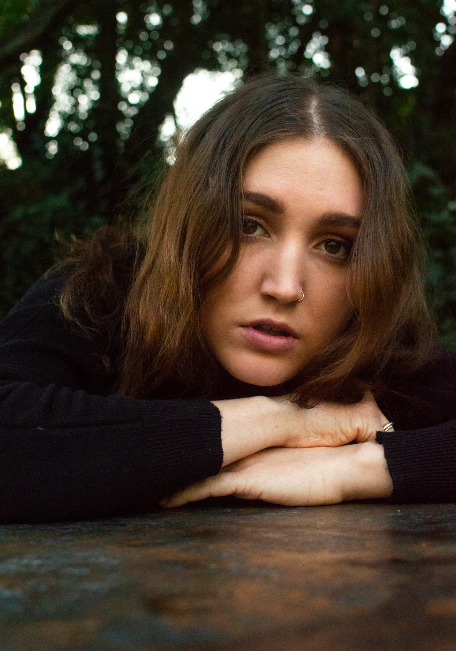South African soulstress Julia Church has had quite the journey since relocating to the United Kingdom. Initially heading to Liverpool for studies at Liverpool Institute for Performing Arts and masterclasses with Sir Paul McCartney and Ozzy Osbourne, a move to London saw her discovered on Soundcloud by EDM producers who would enlist her vocal talents to achieve millions of streams. But her true calling is her own brand of jazzed-up pop music, so far manifesting as three EPs. We chat with Church as she releases her third mini-song collection, Cups and Balloons.
“I was actually born in Durban, South Africa by the beach,” singer, songwriter and producer Julia Church tells me. The beach comment is notable as it’s a very rainy day in Brixton, London, her current home. Moving to the UK in 2015, her story shows that when it comes to studios and music production, boys are still the main gender getting the opportunities.
“I majored in production at uni,” Church says. “But that was something that was never offered at my high school in South Africa. It was weird because all the boy’s schools were offered music technology and production classes. But it was something that wasn't even on the curriculum and offered at my high school when I was there. I had no idea what Logic was, I’d just messed around on GarageBand a bit. I discovered production because it was mandatory at LIPA (Liverpool Institute for Performing Arts).”
And as is the case with many musicians and songwriters, becoming adept at production brought Church an increased feeling of freedom and increased options, rather than being sat at the back of the room while the producer is at the helm.
“It was just such a freeing thing for me,” Church explains. “Because for so long, I'd had all these ideas in my head, but no way to create them or explain them. Production really gave me the freedom to put all of my ideas out into the world.”
And sadly, Church does still get the odd patronising comment from men in studio environments occasionally. She agrees that more and more women taking up production is gradually improving the situation, but we’re not quite there yet.
“Just the other day, I was in a session with some guys,” she says. “I told them that I was producing my own stuff and that I specialised in production at uni. And then afterwards, they were like, ‘oh, that's so nice that you can do a bit of production.’ But I don’t do ‘a little bit of production’, I'm a producer! It's just those little undertones that seep into sessions. So I think it is just down to the girls doing more and more production until it becomes the norm.”



